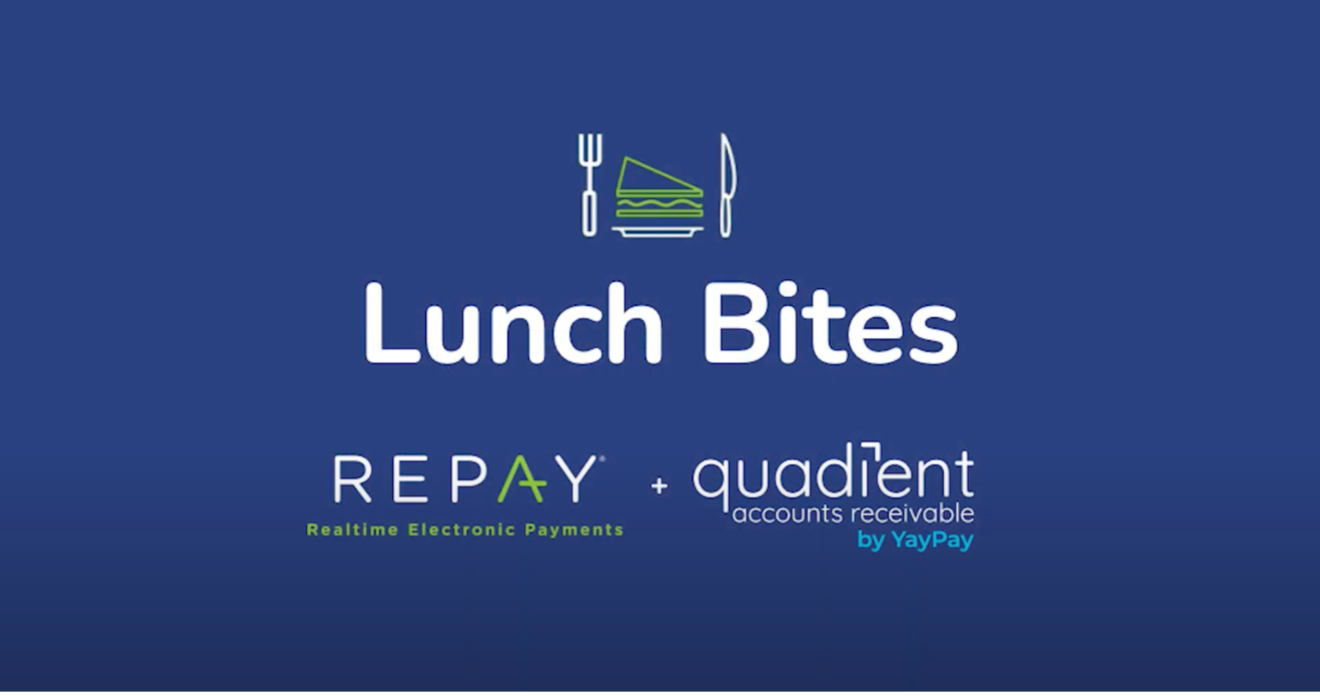Efficiency is paramount for businesses to keep up with the speed of change. Yet, with the increasing complexity of financial transactions, along with the need for accurate and timely reporting, manual accounting processes can be time-consuming and error-prone. From tracking a company’s finances and paying vendors to receiving payments and invoices from clients, there are many necessary accounting activities that determine a company’s overall financial health.
Read More








